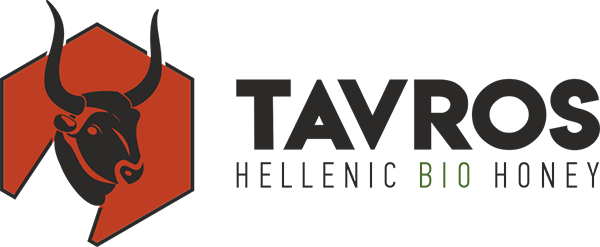The reasons why EFET proceeded with the withdraw of honey products from the market.

The reasons why EFET proceeded with the withdraw of honey products from the market. When a product is considered adulterated and what testifies the use of caramel color by traders?
Written by the former president of the EFET Nikos Katsaros.
The “honey” scam that is not honey
EFET recently (9/10/2020) announced that in the framework of the program “Official control for the adulteration of honey in the year 2020”, found that specific companies packaged and marketed “honey” with various names, which according to the announcement contained a chemical substance that was an indicator for the presence of pigment (E150c and E125d), which is forbidden for use in honey, characterizing these honeys as NOT NORMAL-UNSAFE.
“These honeys were withdrawn from the market and EFET informed the suppliers not consuming them.”
But what is the reality:
During the production of honey is not allowed any addition of exogenous substances as it is considered a natural product. If anything extra is added, it is considered adulteration and the product is not considered as honey anymore.
The addition of caramel color (E150c and E125d) in Greek honey does not make sense as from their nature they do not need any color “improvement”. Obviously, the use of caramel color (E150c and E125d) covers other adulteration practices, which is also a reason why the prices in the market of these “Greek honeys” are so low. So, the adulterated “honeys” were not honeys.
The caramel color (E150c and E125d) adulteration does not concern the beekeepers but the specific companies for their own suspicious reasons.
This technique is used abroad to “dye” sugar syrups for the enhancement of their light color.
The state is capable to reduce frauds when it acts properly and on time.
If there were proper controls at the entrance gates of the country, then the dimension of the Hellenization of honeys, which is a real scourge, will be limited. Honeys from Bulgaria and other countries – former Eastern Countries and Countries from South Asia – whose honeys are colorless are imported and after the addition of aroma and caramel color (E150c and E125d) are promoted in the market as Greek.
The consumers should be aware that Greek legislation requires the indication of the origin country in every honey, so they should be more careful with the labels.
The consumer should trust government controls. Government agencies and legal operators in the industry ensure the safety and protection of honey.
Honey, gods’ nectar, is not just a sweet substance, rich in nutrition, aroma, and taste, but an essential factor that complements against many diseases. Greeks and many other peoples, from ancient times have included honey in their diet, as an excellent therapeutic mean: it is the daily ally of our health.
Of course, this applies to natural honey and not to adulterated and degraded cheap honey. Greek honey is internationally recognized for its healing properties, the honey of Greek beekeepers and producers, is the honey that should be chosen by Greek consumers instead of the cheap, inferior, and questionable quality ones. We buy Greek honeys that we know their origin and their superior quality.
* Mr. Nikos Katsaros is P. Director of Research NCSR, P. President of EFET and Director of the Department of Nutrition New York College.
